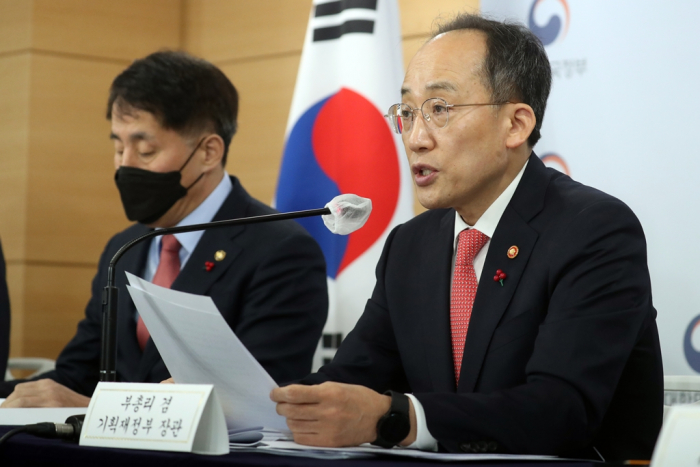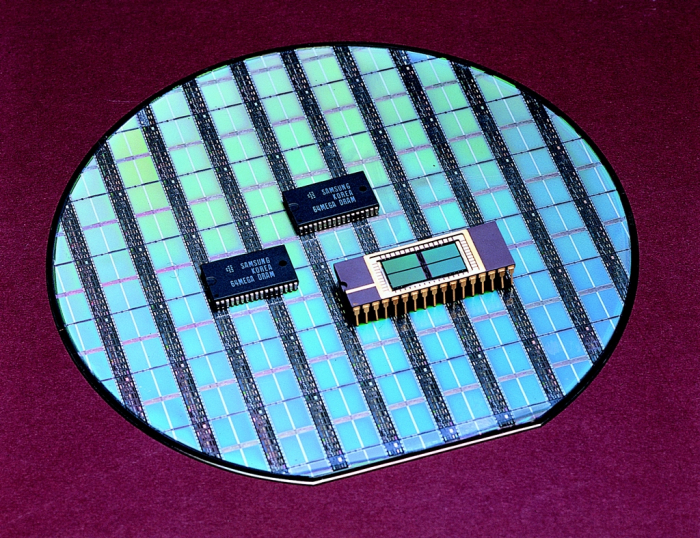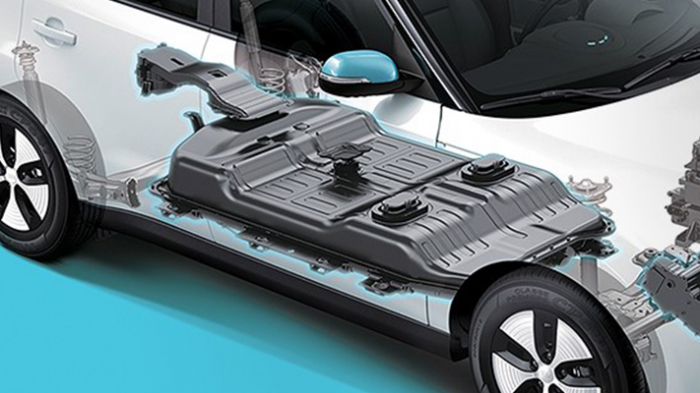Business & Politics
Korea proposes bigger tax breaks for chipmakers, key industries
Following President YoonŌĆÖs order for bolder incentives, the finance ministry has decided to more than double tax benefits
By Jan 03, 2023 (Gmt+09:00)
2
Min read
Most Read
S.Korea's LS Materials set to boost earnings ahead of IPO process


Samsung shifts to emergency mode with 6-day work week for executives


SK Hynix to invest $14.6 bn to build HBM plant in S.Korea


K-pop: Pros and cons of HYBE's multi-label system


HD Hyundai Marine IPO sees strong demand from retail investors



The South Korean government plans to raise tax breaks for facility investments by big companies, including chipmakers, to as much as 25% following President Yoon Suk-yeolŌĆÖs order to give a further tailwind to the countryŌĆÖs backbone industries.
Under the proposal, big companies in the nationŌĆÖs strategic sectors such as semiconductors, vaccines, batteries and displays will receive a tax credit of 15% on investments in manufacturing facilities, up from the planned 8% under legislation passed last month.
For mid-tier and small-sized firms, the tax benefit ceilings will be raised to 15% and 25%, respectively, the finance ministry said on Tuesday.
Besides, companies in those sectors will get an additional 10% in tax breaks for extra investments compared to their spending the year prior.
Companies in other business areas will see tax breaks rise by two-to-six percentage points this year versus 2022. This rule only applies to spending in 2023.

The broadened tax benefits, which will be submitted to the National Assembly for approval by the end of January, are expected to reduce the tax burden on companies by 3.65 trillion won ($2.87 billion) in 2024, according to the ministry.
However, it is uncertain if the ministry's proposal will pass the parliament, which is controlled by the main opposition Democratic Party of Korea.
ŌĆ£To maintain KoreaŌĆÖs leadership in the key business sectors, we believe the governmentŌĆÖs full-fledged support is urgently needed,ŌĆØ said Finance Minister Choo Kyung-ho.
PRESIDENT YOON BLASTS SMALLER INCENTIVES
Last week, President Yoon ordered his government to devise stronger incentives for the nationŌĆÖs key industries, accusing the main opposition party of impeding such efforts.
Citing concerns over smaller tax revenues, the finance ministry and some politicians earlier opposed a drastic increase in tax breaks. In a Dec. 23 parliamentary session, ruling and opposition party lawmakers agreed to raise only the rate of tax incentives for large companies by two percentage points to 8% and passed the bill.

Home to the worldŌĆÖs two largest memory chipmakers, Samsung Electronics Co. and SK Hynix Inc., Korea has promoted semiconductors as the backbone of its economy, but is slow to provide infrastructure and build a skilled workforce, said some lawmakers, including Independent representative Yang Hyang-ja.
Korea has been caught between the US and China, in particular, in an escalating fight over semiconductor supremacy.
In an intensifying bilateral conflict, the US, a key Korean ally, has imposed sanctions on exports of advanced chip technology to China, which is KoreaŌĆÖs biggest trade partner.
Semiconductors account for a fifth of KoreaŌĆÖs exports.
Write to Byung-Uk Do and Eui-Jin Jeong at dodo@hankyung.com
In-Soo Nam edited this article.
More to Read
-
 The KED ViewNo holds barred: State support for Samsung, SK Hynix, Hyundai Motor
The KED ViewNo holds barred: State support for Samsung, SK Hynix, Hyundai MotorJan 03, 2023 (Gmt+09:00)
4 Min read -
 Business & PoliticsKorea plans to raise tax breaks for chipmakers, key industries
Business & PoliticsKorea plans to raise tax breaks for chipmakers, key industriesDec 30, 2022 (Gmt+09:00)
2 Min read -
 Korean chipmakersKorea may be backpedaling in semiconductor push: Lawmaker
Korean chipmakersKorea may be backpedaling in semiconductor push: LawmakerMay 20, 2022 (Gmt+09:00)
4 Min read -
 The KED ViewCan Samsung Electronics ever catch up to foundry leader TSMC?
The KED ViewCan Samsung Electronics ever catch up to foundry leader TSMC?May 03, 2022 (Gmt+09:00)
4 Min read
Comment 0
LOG IN


